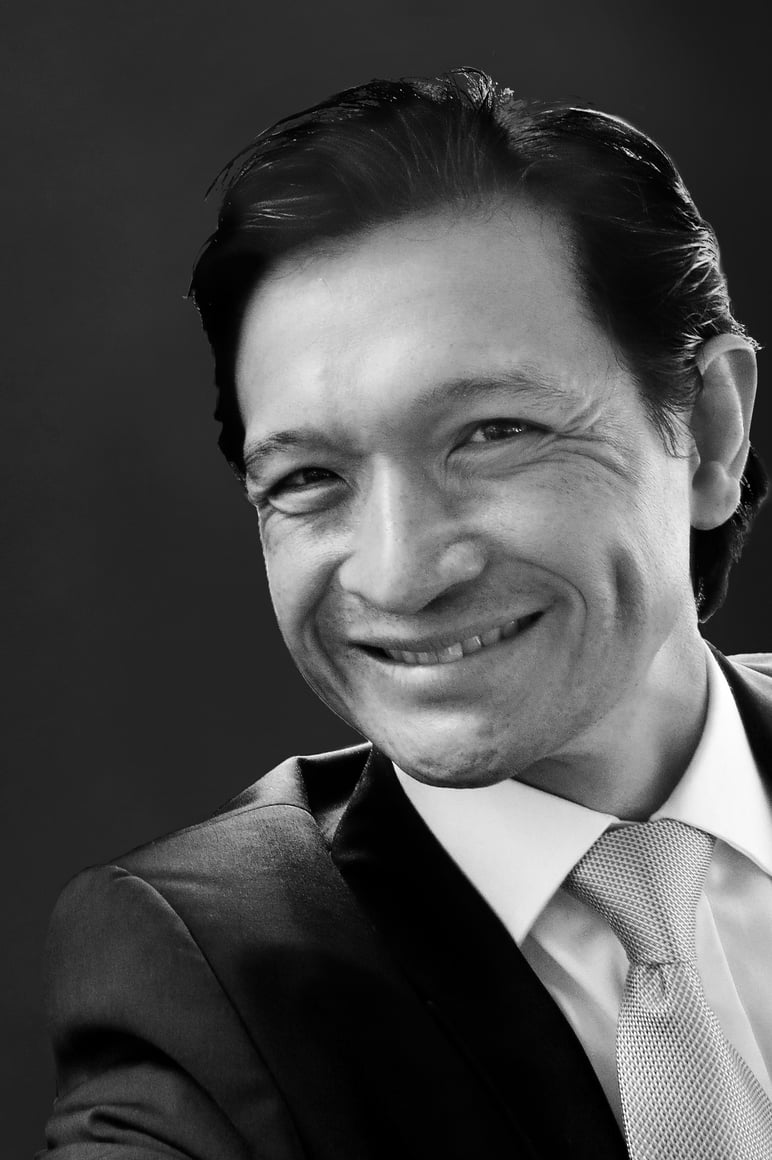
Quebec and Ottawa not speaking the same language on Chinese investor immigrants
That was in spite of federal attempts last year to freeze applications to the visa programme, which has been overwhelmed by rich mainland Chinese applying via Hong Kong. But mainland millionaires have found a way around the freeze by turning to Quebec, which continues to run its own procedure for applications and approvals.
After simply funnelling approved applicants into the federal backlog - Canada’s government retains sole authority to issue visas - Quebec receives access to 100 per cent of the interest-free C$800,000 (HK$5.8 million) loan that immigrants must provide. This has been criticised as grossly unfair, since 90 per cent of supposedly Quebec-bound migrants end up living elsewhere in Canada, many in Vancouver.
Viewed separately, the responses emanating from Ottawa and Quebec City (which did not meet the deadline for the original story) are not particularly illuminating. But in contrast, they offer a glimpse into a deep divide on the programme.
Quebec has little incentive to freeze the hugely lucrative scheme, since it receives the full financial benefit and very little of the perceived social burden – such as the stratospheric property price rises that have hit Vancouver suburbs favoured by Chinese who make up the bulk of the investor migrant intake.
In its response to the ’s story, Citizenship and Immigration Canada stressed the unfairness of this imbalance, although it made no mention of property prices.
“If someone applies to immigrate to a particular province, that is where they are undertaking to reside. While we respect provincial jurisdiction, as a matter of fairness, we should not be sending federal funds to one province for someone living in another,” immigration minister Chris Alexander was quoted as saying. “That saddles the other provinces with unfair resettlement costs, such as health care and education.
“This is a matter in which we are actively engaged.”
The response reiterated that the federal freeze on accepting new applications to the investor immigrant scheme “will continue until further notice”.
“The Government of Canada [is] committed to reforming the federal Immigrant Investor Programme so that investors make a real contribution in exchange for the security and pathway to citizenship that Canada provides,” the response said, adding that it wanted “to attract more active investment” from immigrants.
“Canada is in a position to be selective,” it added. “Immigrant investors are eager to come here. The best thing we can do for our reputation is making sure our programs are designed in such a way that Canada and Canadians are getting the maximum benefit.
“This is our guiding principle as we conduct programme review and consider possible directions.”
That sounds a lot like a warning about the long-term fate of the immigrant investor scheme.
In contrast, Quebec’s response highlighted its effort to maintain a “diverse range of recruitment areas”, by imposing a limit of 1,750 investor applications for next year, with a maximum of 1,200 per country. “By limiting the number of applications accepted, the Ministère will be in a position to reduce its backlog and processing times,” the response from the Ministère de l’Immigration et des Communautés culturelles said.
That may be true of whatever backlog exists in Quebec’s own procedures, but it will offer little comfort to the federal workers who end up granting the visas, and who still face an estimated backlog of 50,000 to 85,000 applicants.
What they won’t find on the Quebec website, however, is the current estimate of how long it will take new applicants to get their coveted visas. Vancouver immigration lawyer Richard Kurland - whose freedom-of-information requests formed the basis of the ’s original story – estimates the current wait at a daunting eight years.

